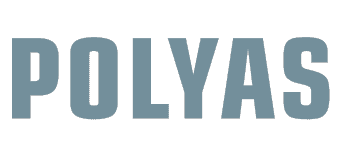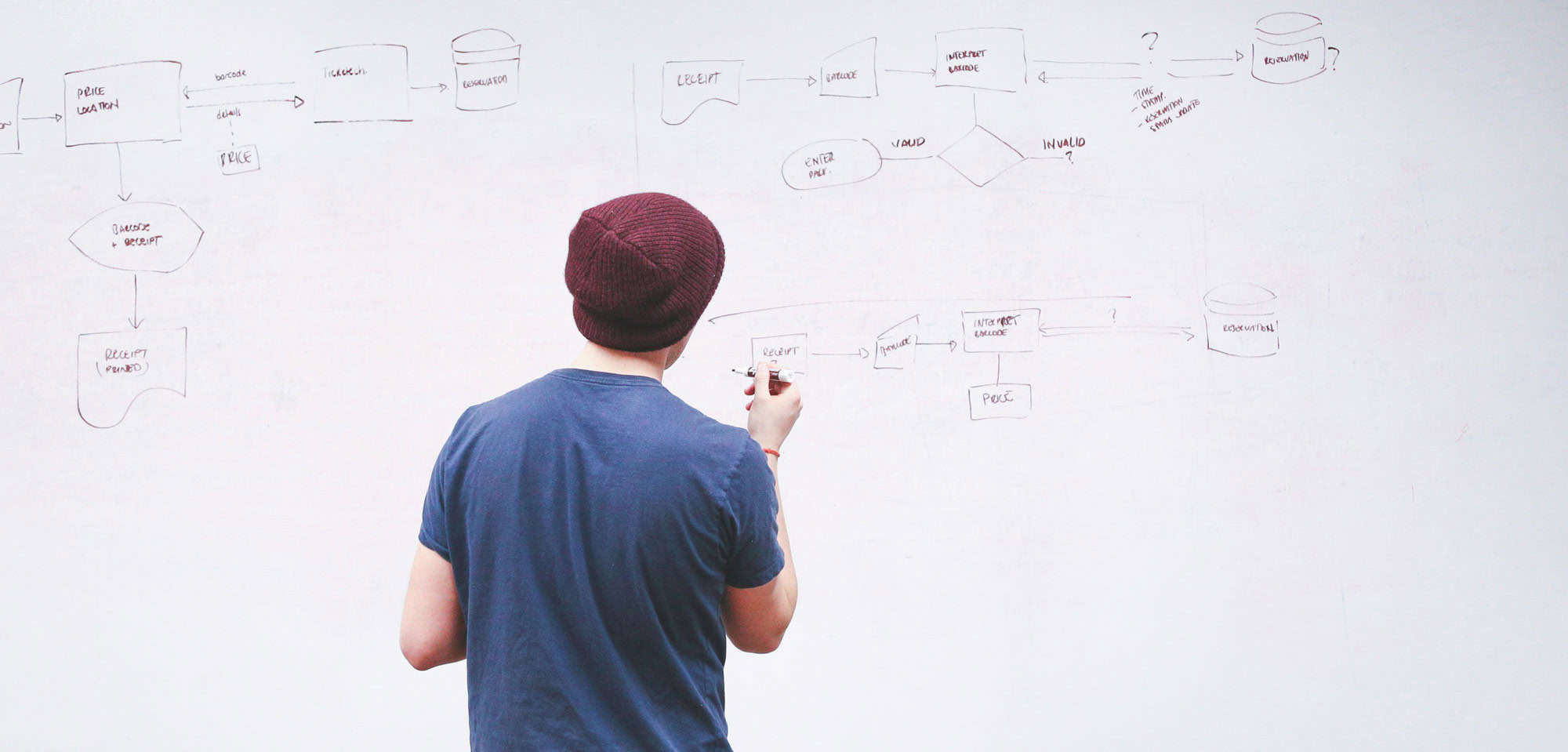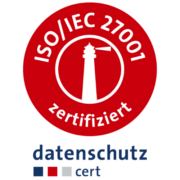Electoral Research at POLYAS
The POLYAS research department is led by Dr. Tomasz Truderung and is where the future of voting is born. We work constantly to improve the POLYAS online voting system and thus, in the spirit of our name patron George Pólya, we cooperate with universities and scientific institutions.
Cryptography and System Architecture of CORE 3
POLYAS CORE 3 is a newly developed online voting software platform which can be customized to suit various voting procedures. It therefore offers a wide range of features including new encryption mechanisms which are also available to eligible voters. Ballots are thus encrypted in voters’ browsers before being sent to the digital ballot box.
POLYAS CORE 3 is currently available in two versions:
- CORE 3 BASE is optimized for speed and delivers election results within seconds based on the Elliptic Curve Integrated Encryption Scheme.
- CORE 3 VERIFIABLE enables both universal and individual verification – a comprehensive ability to verify votes for individual voters and is based on Elgamal encryption.
Individual vote verification in POLYAS CORE 3
POLYAS develops strategies which make our online elections even more transparent for voters. CORE 3 VERIFIABLE enables voters to understand their ballot’s journey to the ballot box without any special technical knowledge. Voters can make sure their submitted ballots correspond to how they actually voted in the election. The challenge here is both maintaining ballot secrecy and allowing voters the simplest way of verifying their votes.
The roadmap for CORE 3 VERIFIABLE anticipates the following milestones:
2019: implementation of externally programmed tools for universal verification of election results as well as customer-side password creation to protect against ballot stuffing (addition of illegitimate ballots to the ballot box).
2020: generation of an encrypted individual verification receipt allowing eligible voters to check their votes were correctly saved. Introduction of the “second device” method which allows voters to check that their ballots were correctly transmitted to the ballot box.
Later: implementation of the “separation of duties” principle through the distributed operation of the voting application as well as the distribution of necessary passwords (secret election key) and multi-level mixing processes. This achieves a higher level of protection against vote manipulation.
Science: publications and research projects
An important issue for POLYAS is the transfer of technology from the lab into practice in order to keep our online voting systems state of the art. Our research department is part of an international network and we publish our findings in the scientific community.
Scholarly publications
Cast-as-intended verification: return codes
In 2017 Dr. Tomasz Truderung together with Achim Brelle published a method for cast-as-intended-verification based on return codes. This method of individual verification is designed for maximum user convenience with mobile devices.
Cast-as-intended mechanism with return codes based on PETs (PDF)
Verifiability notions for e-voting protocols
In 2016 Truderung and academic colleagues published an overview of common definitions and methods for verifying the integrity of online elections. The research work represents an important contribution to unambiguous definitions and established a general understanding of verification.
Verifiability notions for e-voting protocols (PDF)
Want to learn more about Dr. Tomasz Truderung’s research work?
Here you’ll find a comprehensive overview of Dr. Tomasz Truderung’s publications
The Research Project FlexiVote
POLYAS worked in cooperation with TU Darmstadt and Micromata GmbH on the research project FlexiVote. FlexiVote is a modular system for democratic elections, which can be individually adjusted to specific demands.
The project concluded in 2016. The project results have a lasting influence on modern online voting systems: particularly the modularity and individual combination possibilities.
The project was funded by Hessen ModellProjekte with funds from LOEWE – a state drive for the development of scientific and economic excellence. The LOEWE-program of the Hesse state government sponsors outstanding scientific projects from universities and research institutes in Hesse. The focus is to establish an intensive network betweenscience, non-university related research and the economy.




